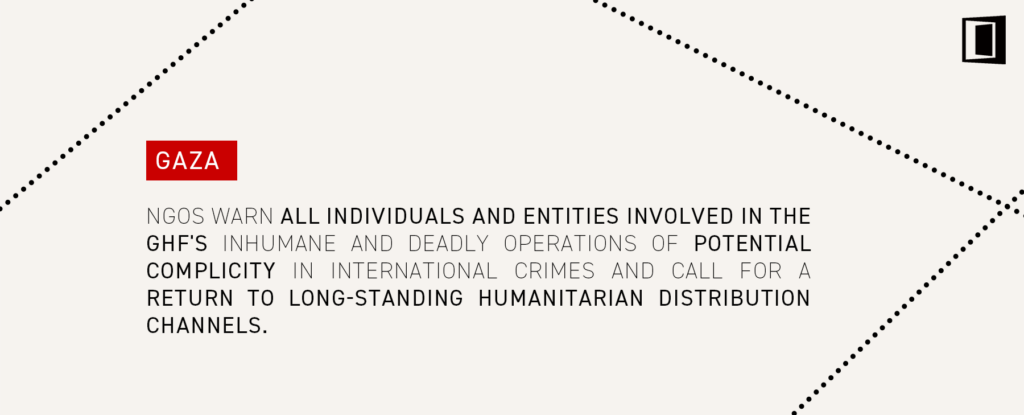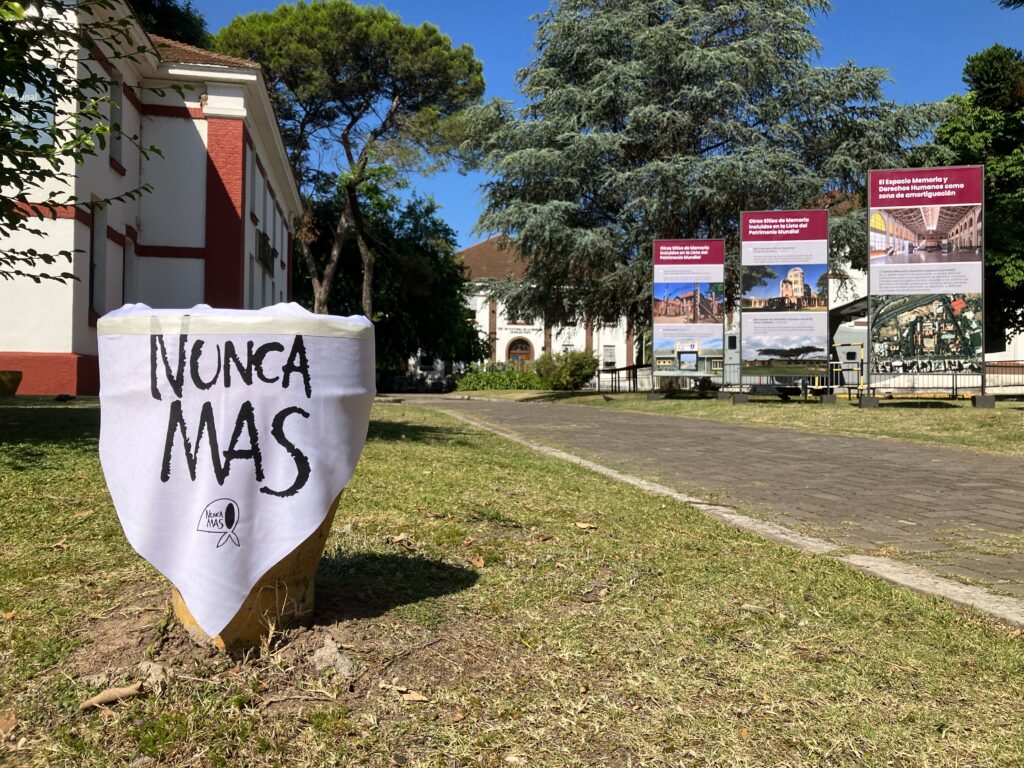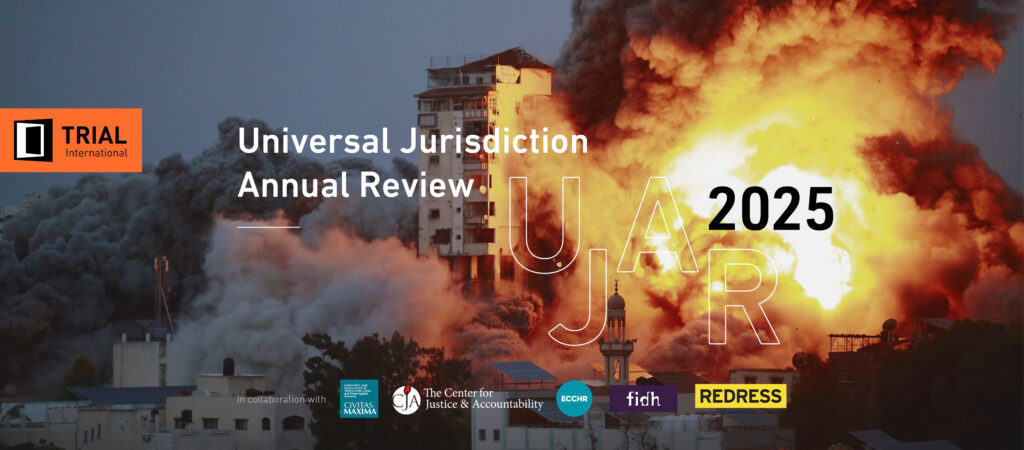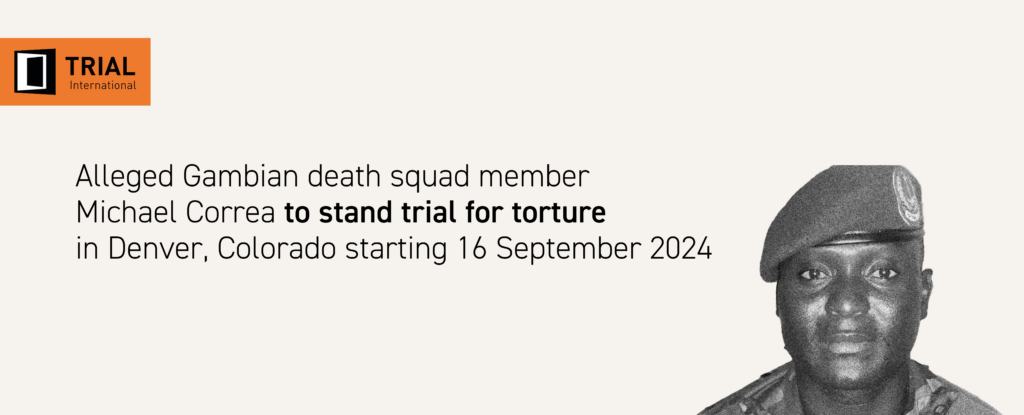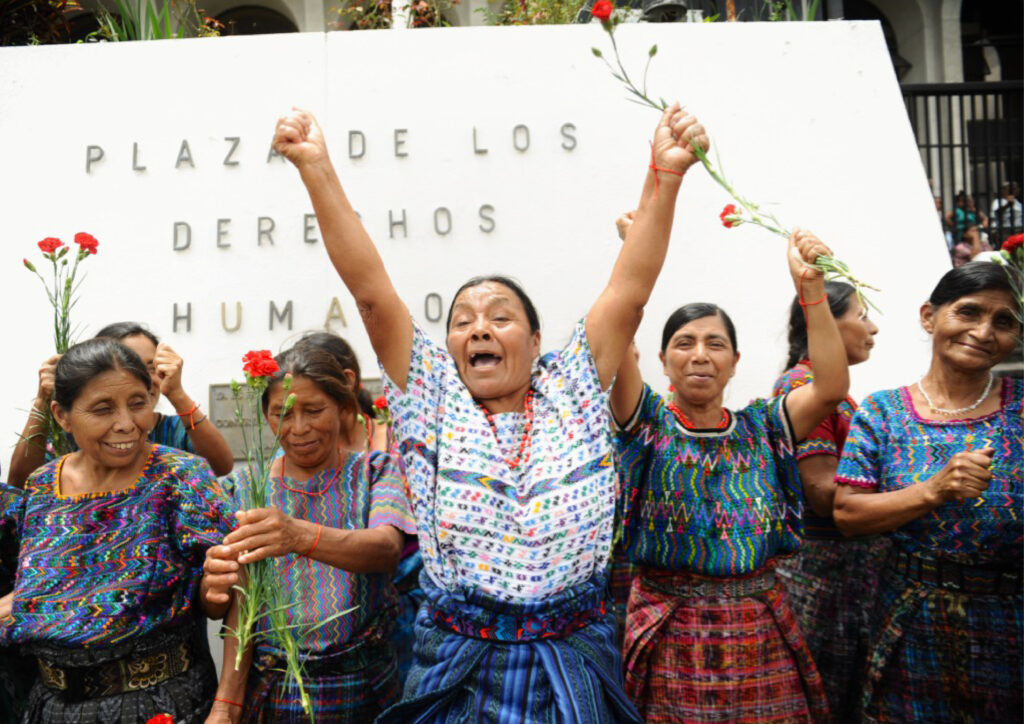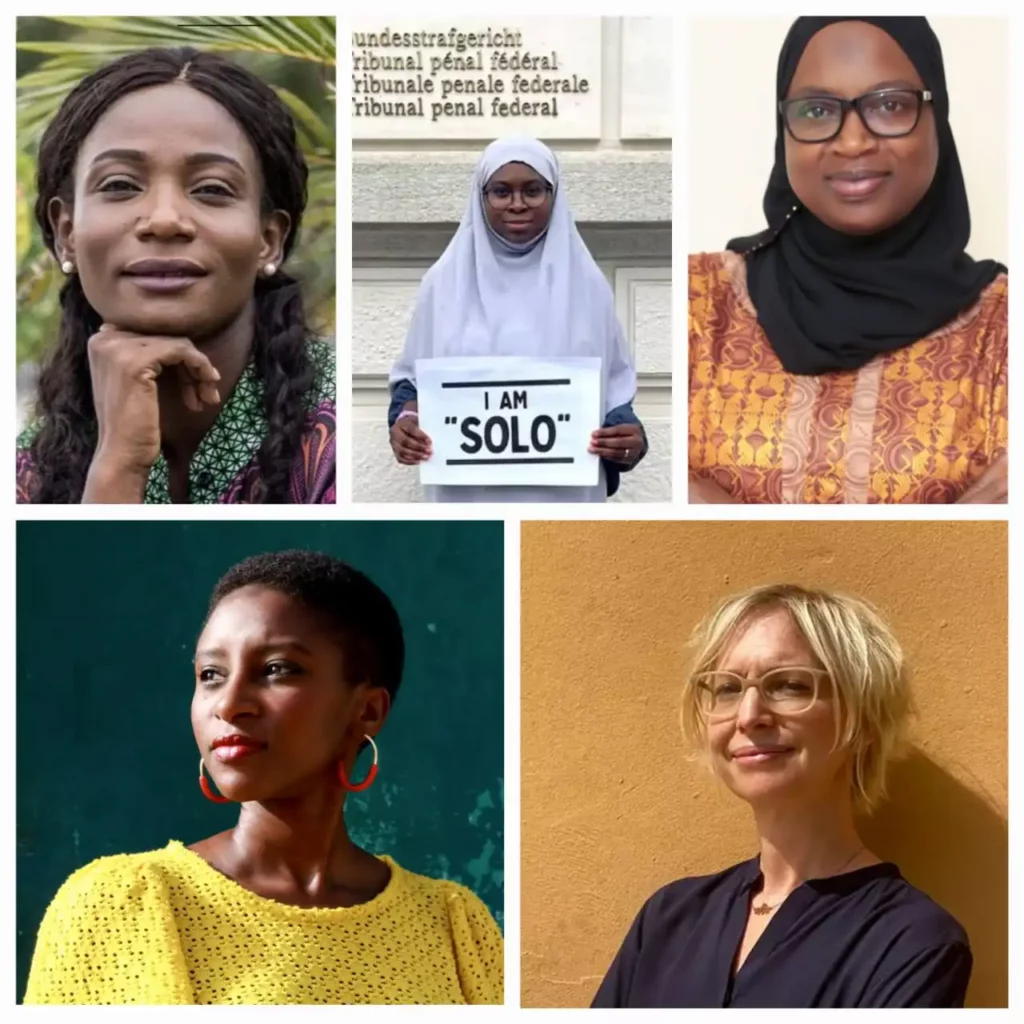Next challenge for universal jurisdiction: overcoming double standards
An op-ed by Andreas Schüller
Andreas Schüller, head of ECCHR’s International Crimes and Accountability Program, is optimistic that universal jurisdiction is moving forward and helping to shed light on persisting areas of impunity.
2016 has seen the sentencing of former dictator Hissène Habré in Senegal – a major victory for universal jurisdiction. The case has shown that justice is possible and gave victims hope. Senegal also played an immensely important role for justice in Africa by prosecuting Hissène Habré in line with international standards.
More and more countries are developing the necessary infrastructure, such as war crimes units, to prosecute international crimes cases. Civil society submissions to prosecutors, and the global outcry against atrocities, notably in Syria, have also contributed to the rising number of cases.
But there remain huge discrepancies among European States and globally, both in terms of legislation and prosecuting organs. A good model is Germany. It is equipped with an experienced – though insufficiently funded – war crimes unit, along with legislation providing for “pure” universal jurisdiction, making it possible to undertake investigations even against suspects residing outside of the country.
Addressing crimes by powerful states, officials and corporations
The main challenge remains prosecuting high-level decision-makers for the crimes they commit. Again and again, we see States fail to prosecute those responsible for setting up the structures and policies that lead to international crimes.
Double standards are also prevalent. Even in cases with compelling evidence of grave crimes, States are often unwilling to risk diplomatic tensions to enforce international justice. For instance, we see huge resistance in cases against former US-government members for torture, or against Western corporations for their role in international crimes.
Tackling impunity in Syria
ECCHR, in partnership with Syrian partner lawyers and survivors, has filed a criminal complaint in Germany against Syrian officials for torture. The Federal Public Prosecutor General’s subsequent decision to follow up on the investigations was an important and emotional milestone for our Syrian partners. For the first time, a prosecuting authority had given weight and importance to their testimony and experiences. This was particularly important for them given the almost complete impunity for crimes committed in Syria, especially high-level government crimes.
Even with their limits, prosecutions can set an example for other countries, including by encouraging domestic investigations in the States where the crimes occurred. Cases can also help shift the focus on to underreported crimes such as sexual violence or the role of private corporations in the commission of international crimes.
Andreas Schüller, Head of the ECCHR’s International Crimes and Accountability Program
Andreas Schüller is the Head of ECCHR’s International Crimes and Accountability Program since 2009. He graduated from law school in Trier (Germany) and holds an LL.M. in Public International Law and International Criminal Law from Leiden University (The Netherlands). A qualified lawyer admitted to the Berlin bar, Andreas Schüller works on US torture and drone strikes, UK torture in Iraq, war crimes in Sri Lanka and Syria as well as further international crimes cases. He publishes and lectures on international criminal law and human rights enforcement.

